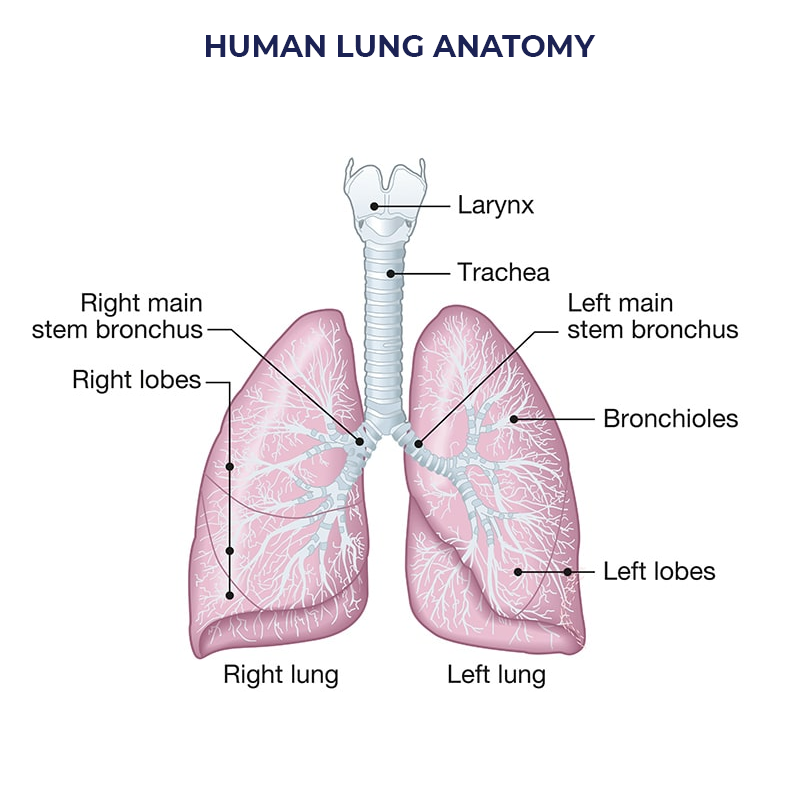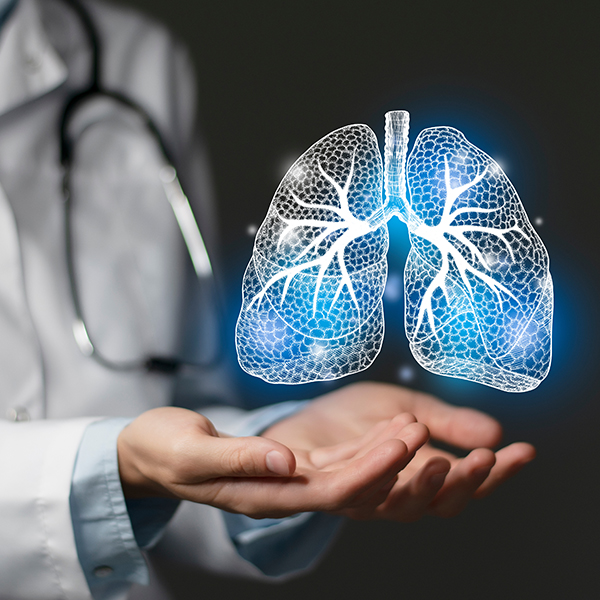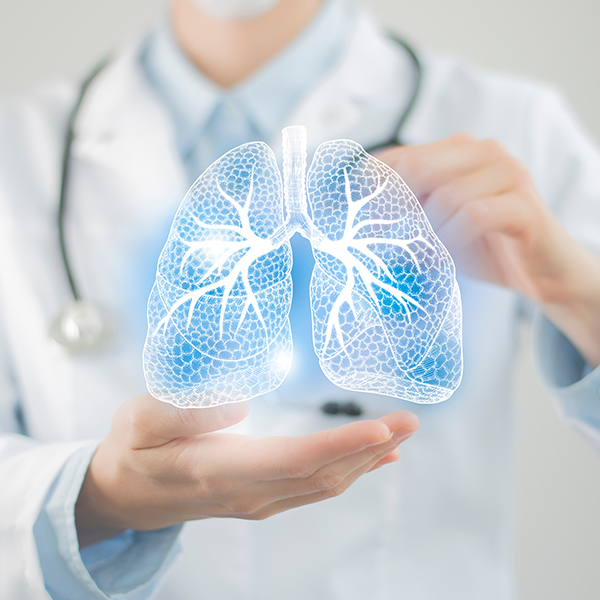Pulmonology involves managing patients who require life support and mechanical ventilation. Pulmonologists are well-trained in conditions and diseases of the chest, mainly pneumonia, tuberculosis, asthma, chest infections and emphysema. It deals with diseases which involve respiratory tract, also called respirology, chest medicine or respiratory medicine.
A pulmonologist specializes in the respiratory system. From the windpipe to lungs, if your complaint involves the lungs or any part of the respiratory system, a pulmonologist can solve the problem.


The most common kind of bacterial pneumonia is known as Pneumococcal Pneumonia. Pneumococcal pneumonia occurs due to Streptococcus Pneumoniae bacteria that generally lives in your upper respiratory tract.

This can affect the ability of your lungs to take up oxygen and produce carbon dioxide. These diseases may affect the function of your heart. An example of lung circulation disease is pulmonary hypertension. People having these conditions usually feel shortness of breath when they exert themselves.
It usually requires some time to find the most appropriate treatment for pulmonary hypertension. There is no definite treatment for pulmonary hypertension but there is a cure to improve signs and symptoms and slow the progress of the disease.
You can change your lifestyle with pulmonological disorders in the following ways:
Visit and consult a Pulmonologist when you have breathing problems!